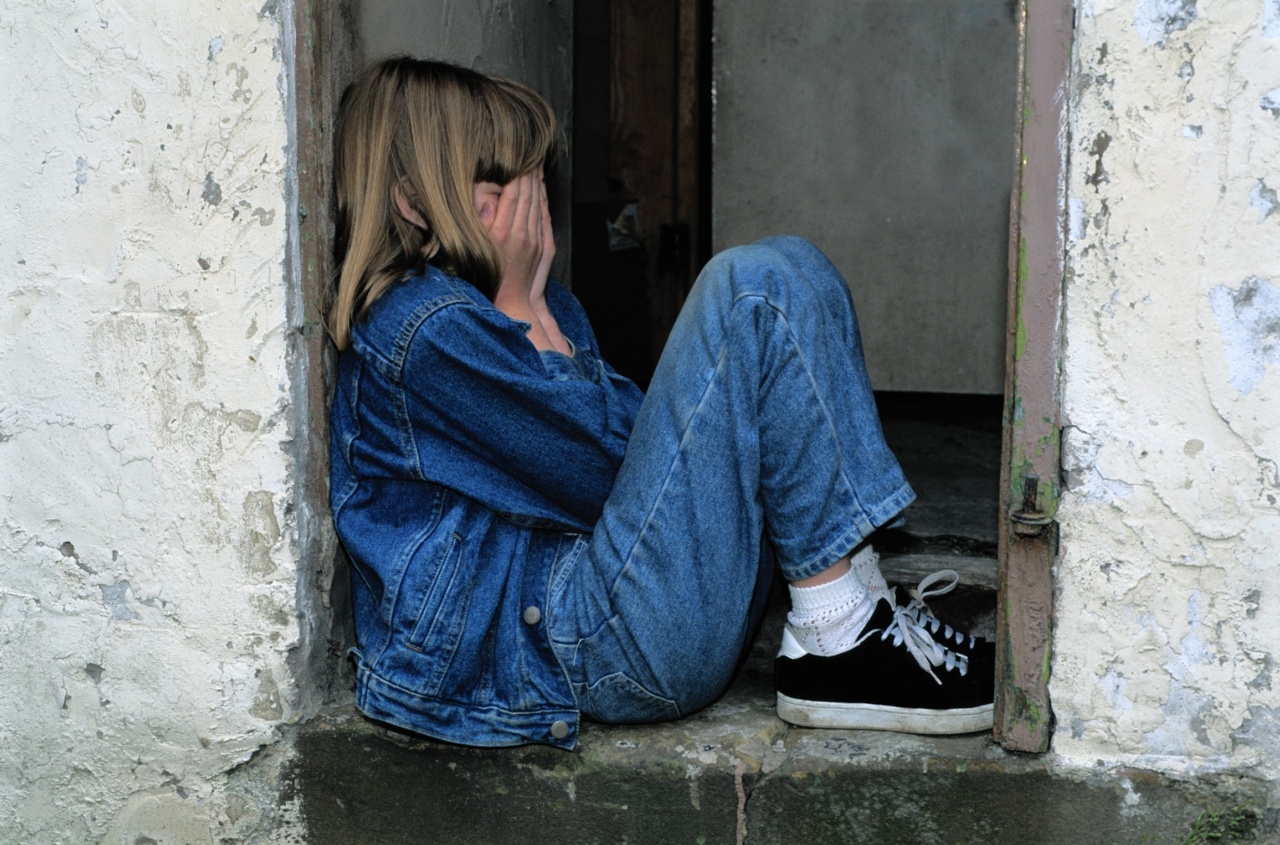Childhood is often portrayed as a time of innocence, joy, and carefree exploration. However, for many children, it can be a period marked by personal crises and overwhelming challenges.
One such crisis that profoundly impacts a child’s emotional wellbeing is the experience of being alone. Whether due to social isolation, family dysfunction, or abandonment, a child left to navigate the world without proper support faces a unique set of difficulties that can have long-lasting consequences.
The Impact of Social Isolation
Social isolation is a significant issue affecting children around the world.
Whether it stems from geographical remoteness, bullying, or the inability to form meaningful connections, the absence of positive social interactions can leave a child feeling helpless, lonely, and depressed. The lack of emotional support and validation that comes from forming friendships can result in a personal crisis that affects a child’s self-esteem, mental health, and overall development.
Childhood Trauma and its Ramifications
Another personal crisis that affects children who are alone is the experience of childhood trauma. Childhood trauma refers to the exposure of a child to adverse or distressing events that exceed their ability to cope.
Incidents such as physical or emotional abuse, neglect, or witnessing violence can have a profound impact on a child’s psychological and emotional well-being. These traumatic experiences can shape a child’s perception of themselves, others, and the world, leading to issues such as post-traumatic stress disorder (PTSD), anxiety, and depression.
The Longing for Connection
Humans are inherently social beings, and children are no exception. When a child is alone, there is a natural yearning for connection and belonging.
The absence of a supportive and nurturing environment can lead to feelings of abandonment, rejection, and emotional distress. Without meaningful connections and relationships, a child may struggle not only in forming intimate bonds but also in developing essential life skills such as empathy, communication, and conflict resolution.
Coping Strategies for Children Alone
In the face of personal crisis, children who are alone can employ various coping strategies to navigate their circumstances:.
1. Seeking Support
A child going through a personal crisis should be encouraged to seek support from trusted individuals such as teachers, counselors, or family members.
Reaching out to these pillars of support can provide the child with a safe space to express their feelings and receive guidance.
2. Utilizing Creative Outlets
Engaging in creative outlets such as art, music, or writing can be incredibly therapeutic for children. These outlets serve as a way for them to express themselves, process their emotions, and find solace during difficult times.
3. Developing Resilience
Resilience is the ability to bounce back from adversity and face challenges with optimism. Encouraging children to develop resilience can help them build emotional strength, adaptability, and problem-solving skills.
Teaching them that setbacks are opportunities for growth can ultimately empower them to face personal crises with greater confidence and perseverance.
4. Identifying Positive Role Models
Positive role models play a crucial role in a child’s life, especially when they are alone.
Whether it’s a teacher, coach, or community leader, these individuals can provide guidance, support, and inspiration, helping children navigate personal crises and develop healthy coping mechanisms.
5. Building a Support System
Creating a strong support system around a child is vital in times of personal crisis. This can include enlisting the help of trusted adults, friends, or mentors who can provide stability, encouragement, and a reliable source of emotional support.
The Importance of Mental Health Awareness
Mental health awareness plays a significant role in addressing the personal crises faced by children who are alone.
It is crucial for parents, educators, and society as a whole to recognize the signs of distress and provide appropriate intervention and support. By destigmatizing mental health issues and fostering a culture of understanding, we can create an environment where children feel safe seeking help and where their emotional wellbeing is prioritized.
Breaking the Cycle
Children who experience personal crises alone often face a greater risk of continuing the cycle of dysfunction in their own lives.
By addressing the underlying issues they face and providing the necessary support and interventions, we have the power to break this cycle. Investing in the emotional wellbeing of children can help them grow into resilient, confident, and emotionally healthy adults who can create positive change in their own lives and communities.
The Journey to Healing
Healing from the personal crisis of being a child alone is a complex and challenging journey. It requires dedication, understanding, and a collective effort from individuals, families, communities, and society as a whole.
By fostering a culture of compassion, empathy, and support, we can provide children with the tools they need to heal, grow, and thrive.






























